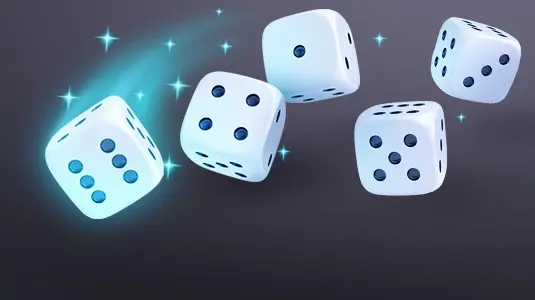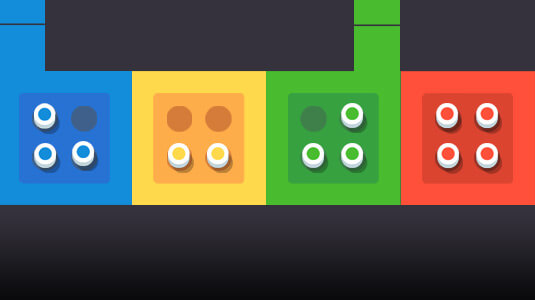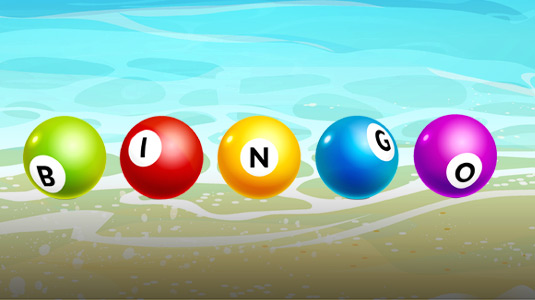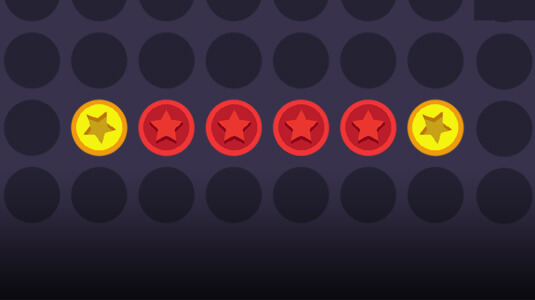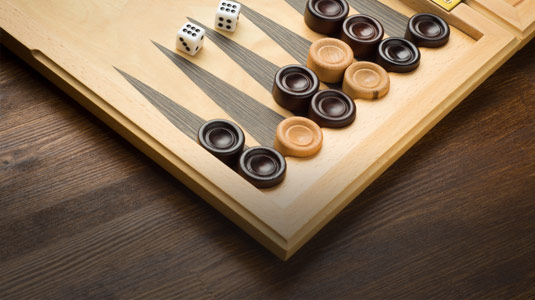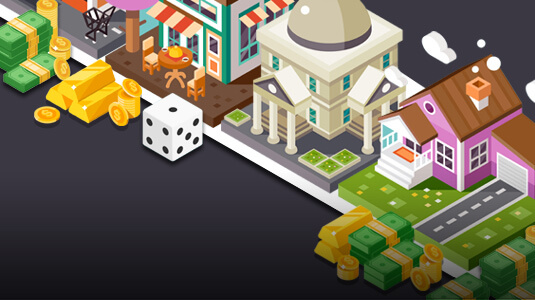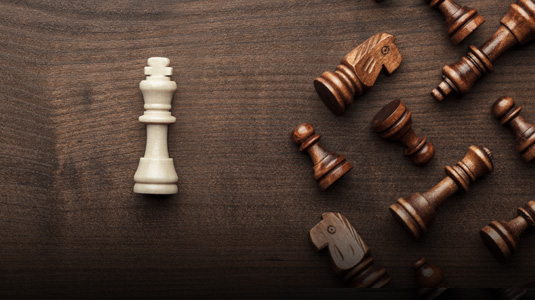Play Reversi online with friends for free

Placing Pieces
Players are designated Black and White at the start of the game. Beginning with Black, each player in turn places one disc onto a vacant square on the board.
Once placed, a disc never moves, though it may be "flipped" when captured so that it changes color.
To place a disc, simply tap on a legal square. A move is legal if it captures one or more of the opponent's discs. You can see which moves are legal by the small opaque circles on the board:
Capturing
A disc, or an unbroken line of discs of the same color, is captured when it becomes flanked on opposite ends by two opposing pieces, one of which must be the disc that was just placed on the board.
For example, if the Black player is about to place a black disc in the space with the yellow dot:

Doing so will capture and flip the horizontal white discs to black, resulting in:

Captures may be made along ranks (horizontal rows of squares), files (vertical rows of squares), or diagonals.
Endgame
A player who cannot make a legal move loses his or her turn. The game continues until neither side can move; usually, this does not happen until the board is entirely filled.
The player whose color is up on more of the discs at the end is the winner (you'll see the score next to each player's name). If both players have the same number of discs of their color up, the game is a draw.
Can I play online?
Yes. Install the Plato app on iOS, Android, or macOS to play the full catalog with friends or matchmade opponents. You can also play Ocho online in your web browser — no install needed.
Can I play with friends?
Yep. Tap Create Private Game, then share the invite link or invite from your contacts. When they tap Accept, they're seated at your table.
Is it free?
Yes — free to play and ad-free. If you buy something, it's for looks (themes, profile flair), not power.
Is it fair?
Shuffles, deals, dice, and timers run on Plato servers, not your device. Everyone plays by the same rules and no one can peek at hidden information.
Is it safe?
You can block and report from profiles or chat. Public spaces use filters and human review. Some rooms use Chat Pass to deter spam, and privacy controls let you limit who sees you online.
Live vs. turn-based: what’s the difference?
Both are turn-taking; the difference is the clock. Live uses short timers for quick back-and-forth. Turn-based gives you longer — often up to 24 hours per move in games like Chess — so you can play at your pace.
 Reversi
Reversi
